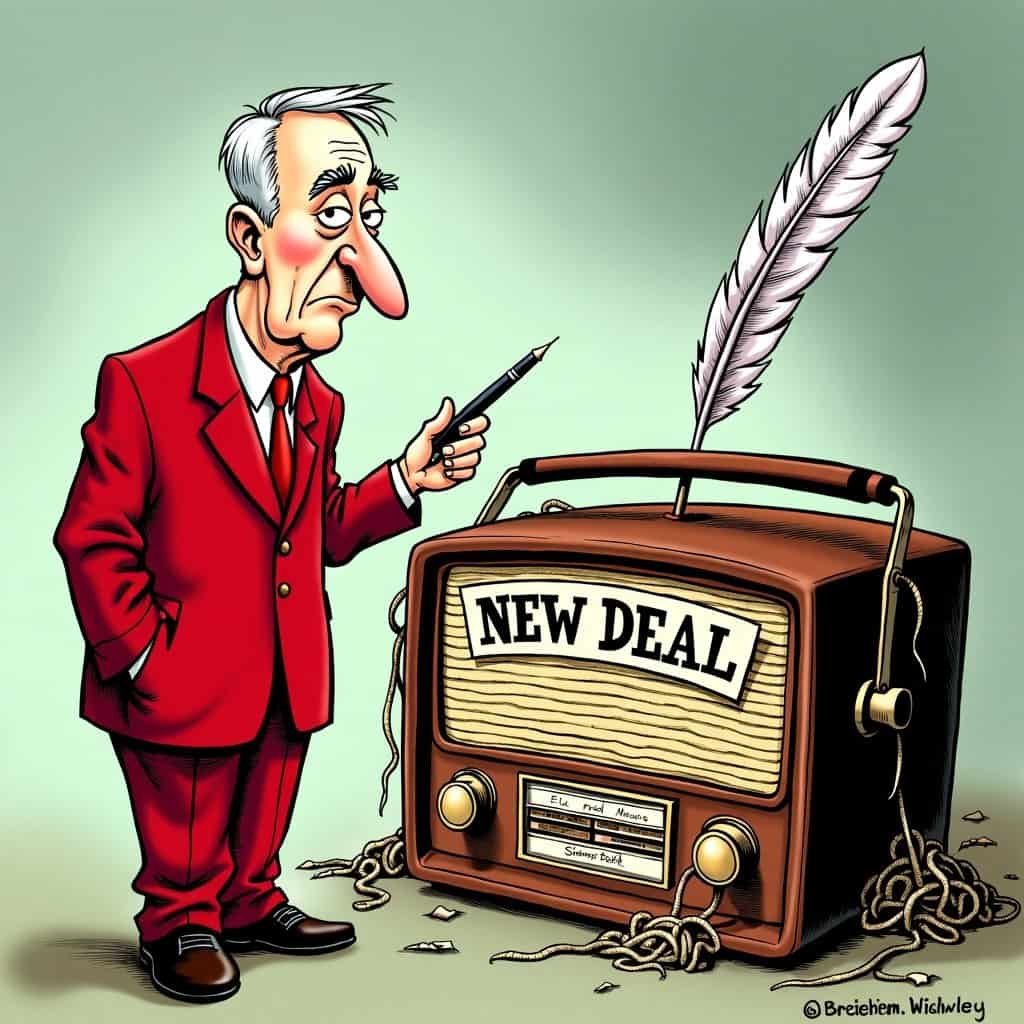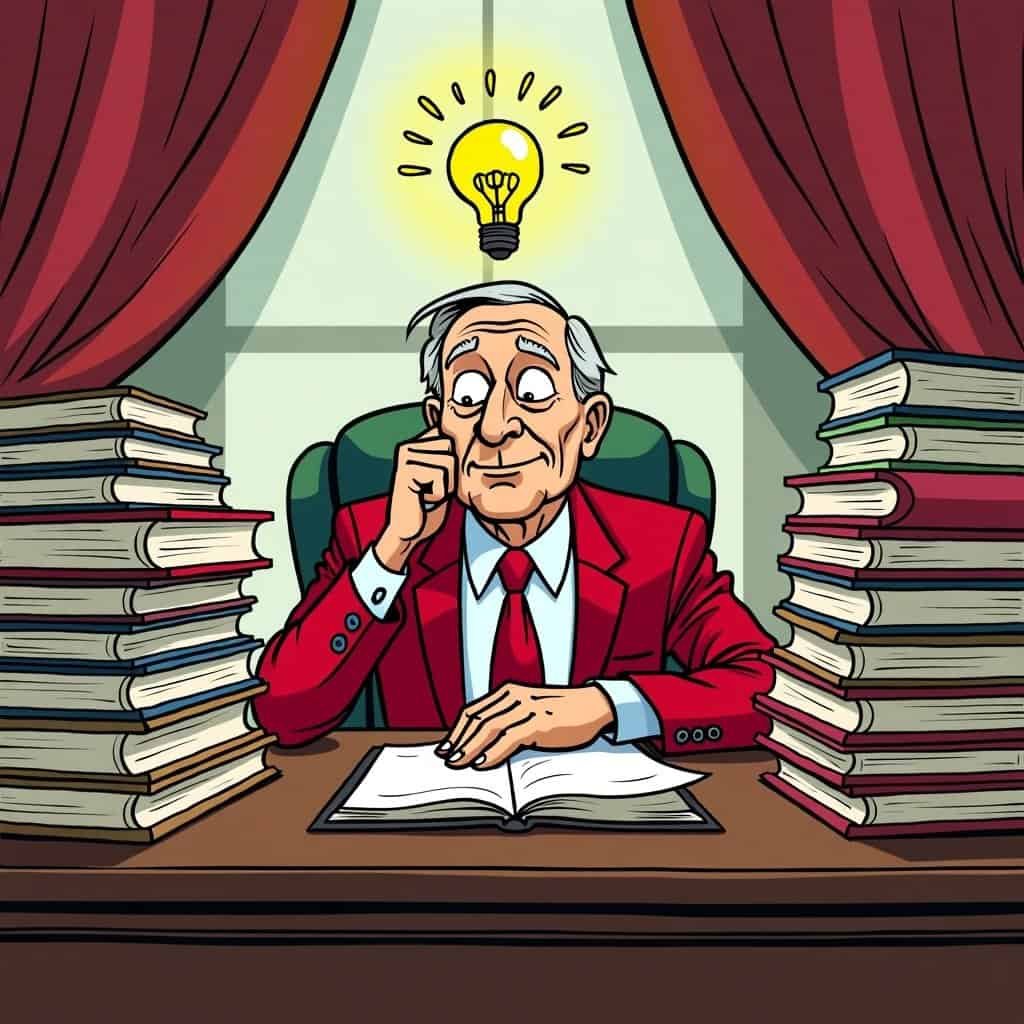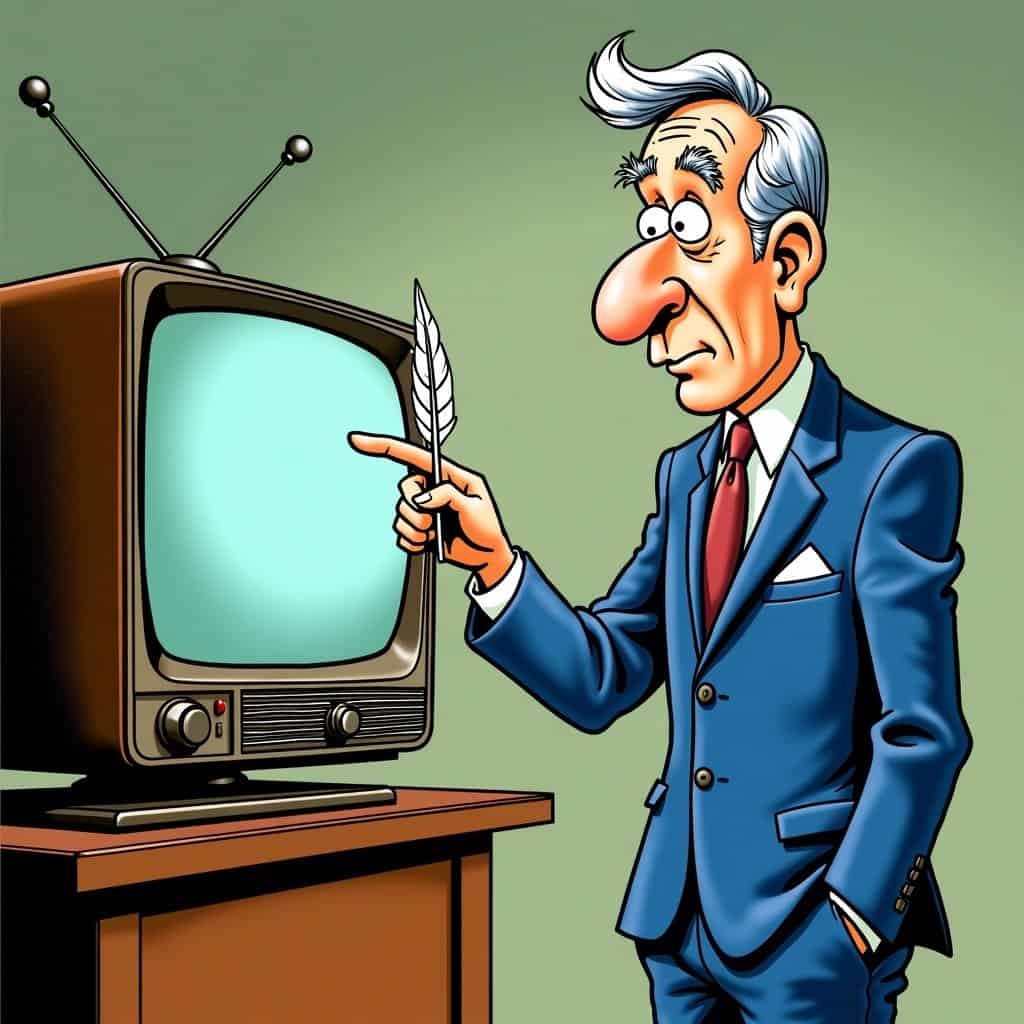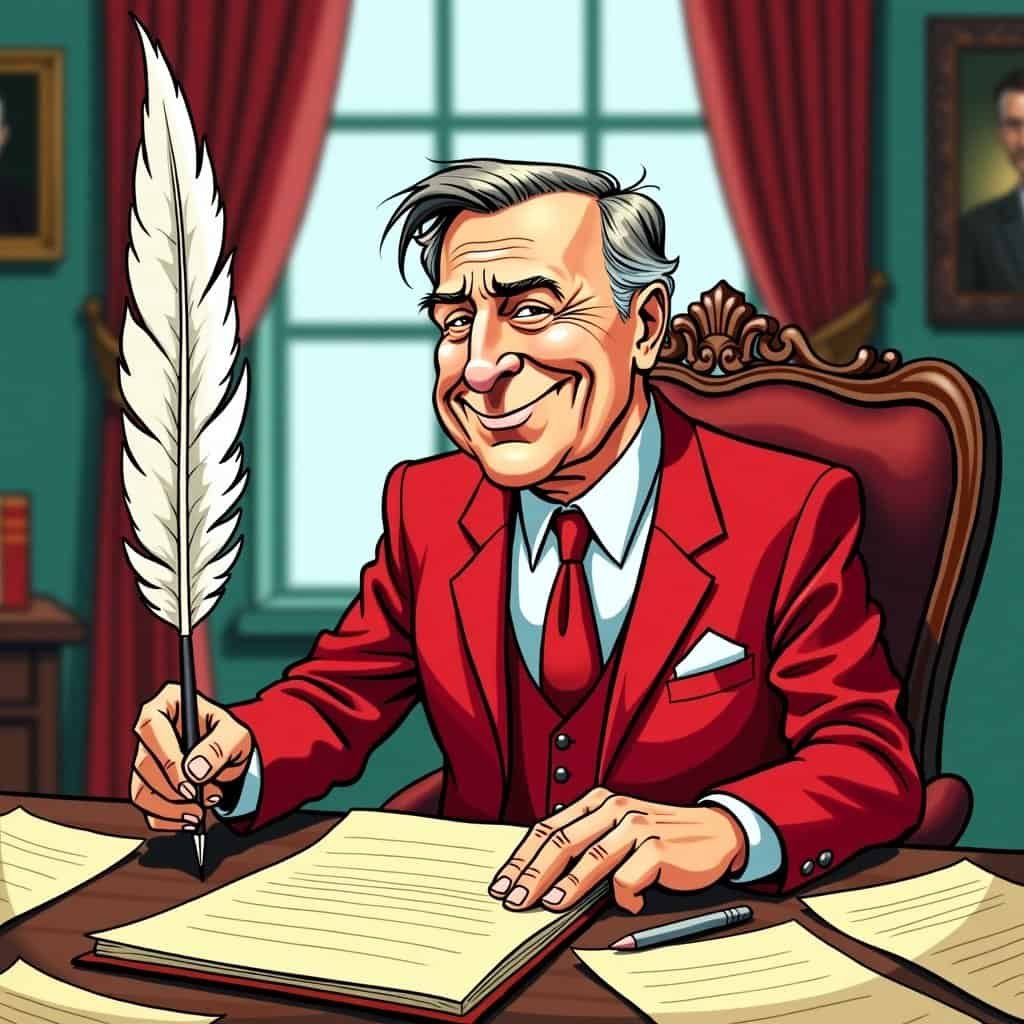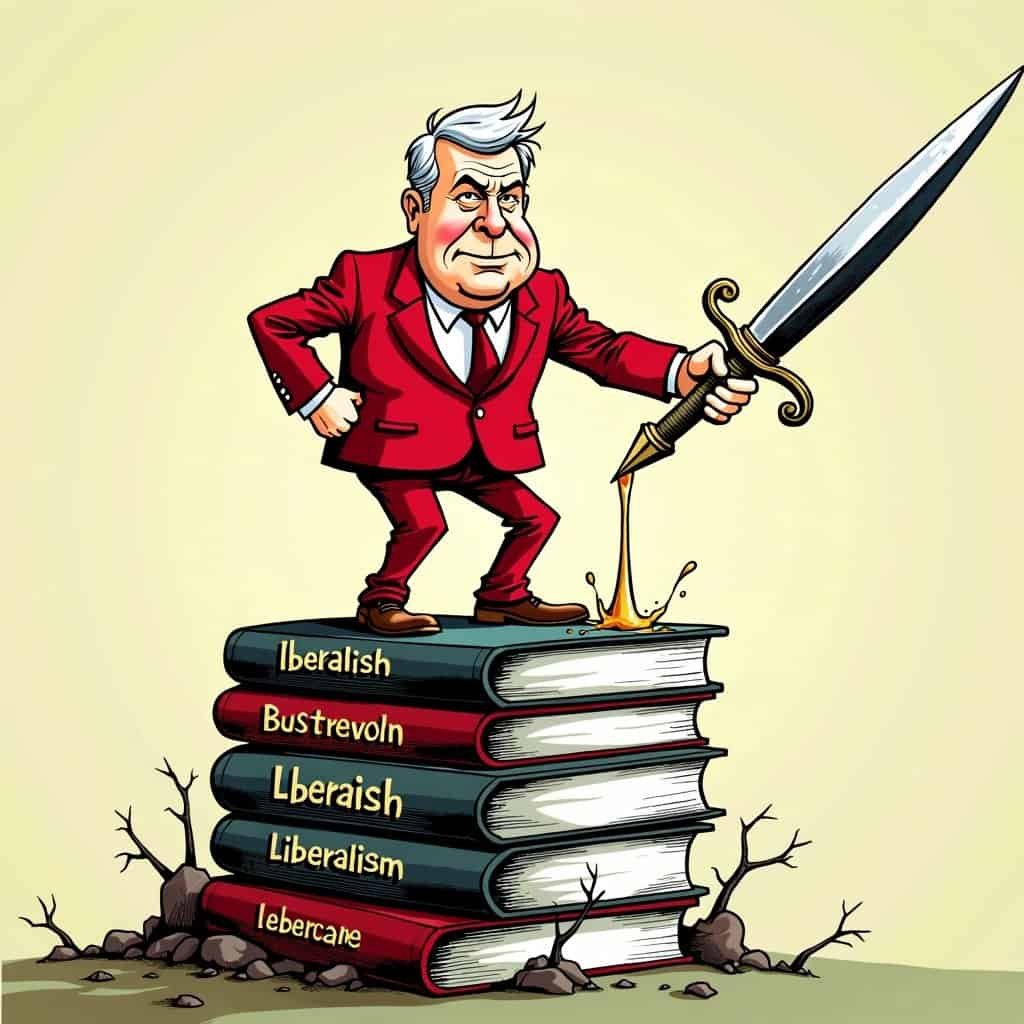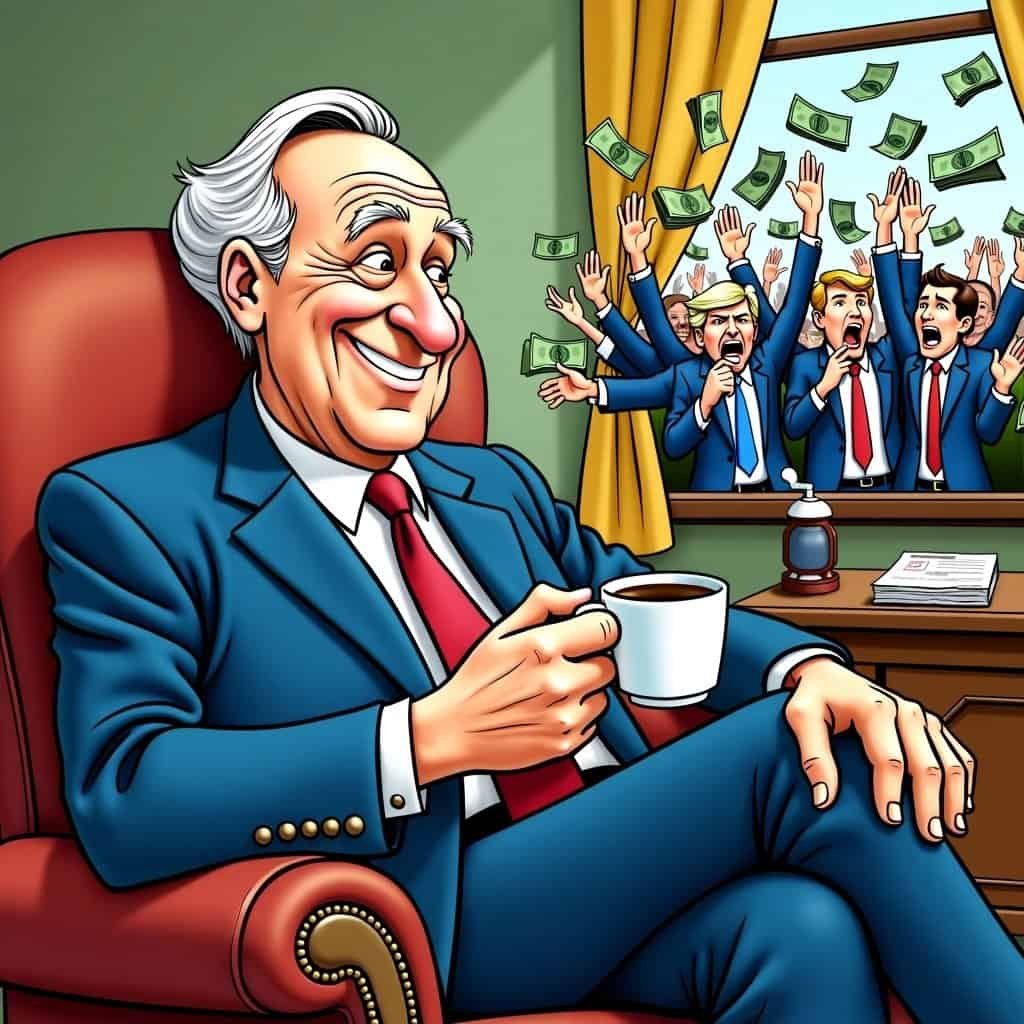Do you ever get the feeling that some advice ages like a fine wine? Let’s talk about the late, great William F. Buckley Jr., the man with a wit as sharp as a tack and a disdain for the New Deal that could fill volumes.
First off, let’s give credit where credit is due. Buckley, the godfather of modern conservatism, had a knack for seeing through the political smog. The New Deal, launched by President Roosevelt in the 1930s, aimed to pull America out of the Great Depression. Sounds peachy, right? Well, Buckley wasn’t buying what ol’ FDR was selling.
In good conservative fashion, Buckley saw the New Deal as a slippery slope toward big government, which always seems to promise you a free ride—but rarely delivers. Think about it: Government intervention in the economy is like that friend who promises to help you move but shows up late with a half-eaten pizza. You appreciate the thought, but it’s not really getting the job done.
Buckley’s Perspective on the New Deal
Buckley, and many conservatives, believed the New Deal’s economic hand-holding squashed individual drive. Before you knew it, you had a population leaning more and more on Uncle Sam. Now, relying on the government is like overindulging in junk food; it might feel good at first, but it usually ends badly. Buckley saw this coming and wasn’t afraid to say it.
Key Criticisms of the New Deal
- Increased government intervention in the economy
- Created dependency on government assistance
- Established a large bureaucracy
- Stifled individual initiative and free-market principles
Look at today, and Buckley’s critiques are still relevant. We’re always debating how big the government should be and what it should do. Do we want more New Deal-style programs, or should we let the free market take the wheel? Buckley, bless his conservative heart, would vote for letting the market do its thing.
The Bureaucracy Blues
One of Buckley’s main beefs was how the New Deal birthed a massive bureaucracy. Picture a room packed with folks deciding what’s best for you, armed with stacks of forms and rubber stamps. Not a pretty sight, is it? Buckley championed limited government because he knew that personal freedom and free-market ideals lead to real prosperity—not just handouts.
Buckley’s ideas line up with classic conservative values—lower taxes, fewer rules, and taking care of yourself. It’s the old “pull yourself up by your bootstraps” mentality. And what’s the problem with that? Nothing, unless you’d rather wait for the government to toss you a bone.
The Progressive Pushback
On the flip side, the progressive crowd keeps pushing for higher taxes and spreading the wealth around. Sure, it sounds nice on paper—like Robin Hood and his merry men. But the second you start taking more money from society’s go-getters, you put the brakes on innovation and growth. Buckley saw right through this fairy tale and called it what it was: a quick fix that leads to long-term problems.
Conservative vs. Progressive Economic Philosophies
| Conservative Approach | Progressive Approach |
|---|---|
| Lower taxes | Higher taxes |
| Less regulation | More regulation |
| Personal responsibility | Government assistance |
| Free-market solutions | Government interventions |
Economic Freedom: The Real Deal
Let’s not forget how Buckley eloquently pointed out that economic freedom is true freedom. When people can chase their dreams without the government breathing down their necks, everyone wins. We’re talking about creating jobs, higher wages, and a better standard of living. Stack that up against the stagnant waters of a government-controlled economy, and it’s a no-brainer.
So, the next time someone brings up the New Deal as a rosy chapter in American history, channel your inner Buckley. Remind them that while the New Deal might’ve patched a sinking ship, it also opened the door for government overreach. And we all know what too much government does—it takes more than it gives, leaving us with less freedom, fewer chances to succeed, and a mountain of red tape.
Let’s raise a glass to William F. Buckley Jr., who saw the problems with the New Deal coming and stood his ground defending conservative principles. His wisdom keeps inspiring those of us who believe in personal liberty, free markets, and the American dream—the real kind, not the government-issued variety.
Table of Contents
- Buckley’s Perspective on the New Deal
- The Bureaucracy Blues
- The Progressive Pushback
- Economic Freedom: The Real Deal
